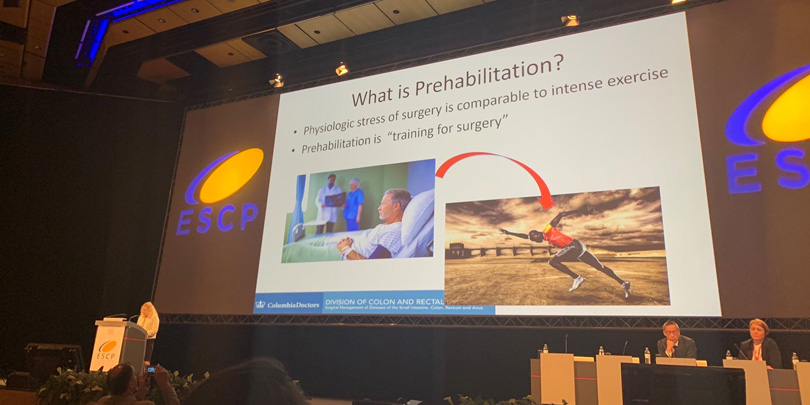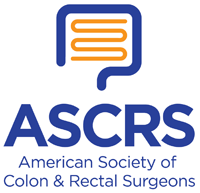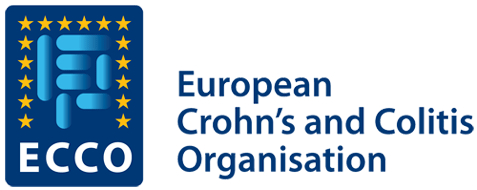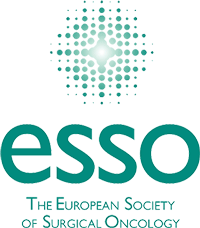Wednesday evening on Day 2 of ESCP’s 14th Annual Meeting in Vienna rounded off with two session in the main auditorium. First, a Keynote on Rehabilitation, Nutrition and Optimisation for Major Surgery.

Speaker Debbie Keller (USA), Assistant Professor at Columbia University, took to the stage and began by informing the packed-out Hall that, as the world’s population continues to grow, so does the need for surgery. She pointed out that, on average, a person will have six surgical procedures in their lifetime. Describing the Surgical Insult, Debbie acknowledged that the extent and duration of the stress response of a patient is proportionate to their pre-surgical condition. This means that frail, and often elderly, patients do worse in response to surgical stress.
Debbie continued by making the astute observation that, while surgeons continually have better tools and techniques to operate with, they will not work if patients are too frail. Unfortunately, enhanced recovery protocols happen after the fact i.e. interventions take place after surgery and are often implemented poorly or even incorrectly. This calls for a change in strategy and the need for a paradigm shift in order to move forward, Debbie argued.
This is where Prehabilitation comes in. Essentially, as Debbie described, prehabilitation is “training for surgery” in order to improve post-surgery outcomes for patients. Debbie was adamant that surgeons cannot afford to not prehab their patients and small levels of increased prehabilitation such as higher physical levels before surgery can have big impacts, and that there was clear recent evidence to back this up.
Next, Debbie went on to describe the crucial role nutrition plays in the prehabilitation process. While other elements are important, nutrition planning was key. Two thirds of patients are malnourished before surgery, with one in ten diagnosed as such and only one in one hundred treated. Evidence shows that proper nutrition can alone reduce the length of stay in hospital for colorectal surgery patients by up to two days.
Studies to date show that prehabilitation is feasible, safe and tolerable for patients. Challenges remain, of course, such as how do you measure success? How do you obtain patient and surgeon buy-in? Debbie went on to explain the various elements that go into best practice prehabilitation, from lifestyle and medical optimisation to education and emotional support. It was noted that mindfulness and stress have parts to play too and that every patient Debbie has encountered has used a smart phone, which can be used to access applications that support these issues, such as being able to track your level of physical activity undertaken.
To conclude, Debbie stated that in order to move recovery forward, you have to start before surgery. Nutrition should not be undervalued as a crucial piece of the prehabilitation puzzle, and its success depends on patients, the education they receive and how engaged they become.
Make sure you follow the latest updates from #ESCP2019 by following @escp_tweets on Twitter and downloading the official ESCP App from your Apple or Android app store.








